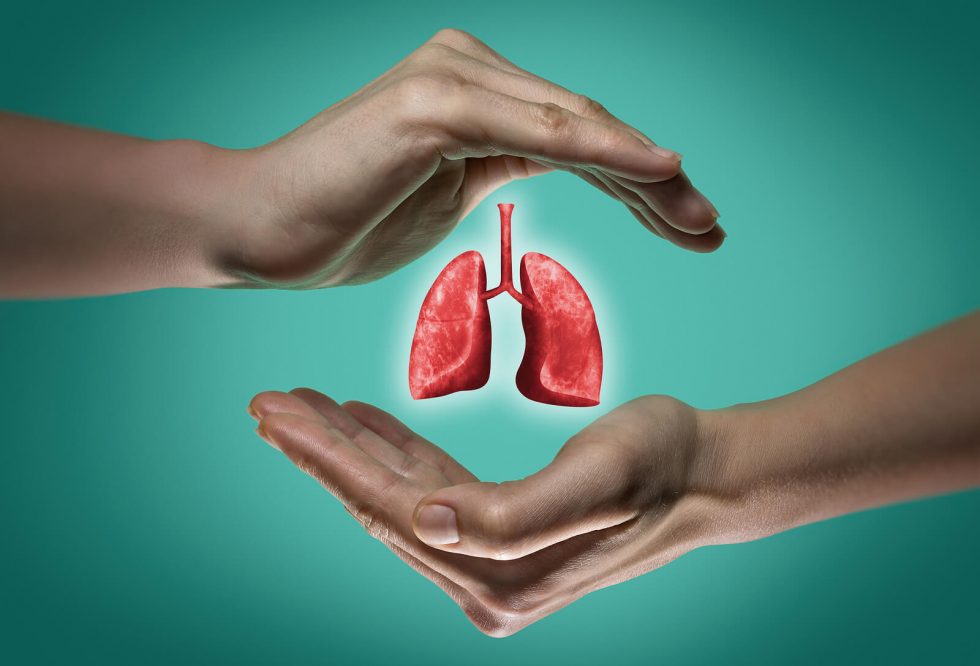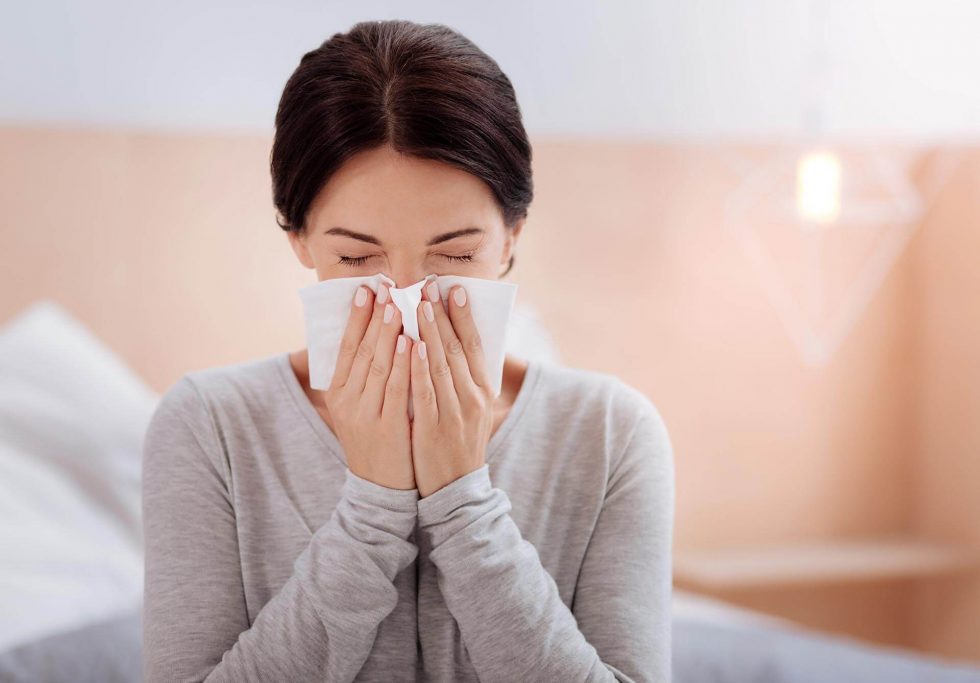
How Much Protein Should I Eat?
If there is one thing that can be said of we Americans, it’s that we love our meat! In our culture, barbeque grills are ubiquitous in our celebrations of summer. Unfortunately, our affinity for animal protein often results in us eating more than our body needs or can process in one meal. So, before you pack only that huge bag of jerky for your next hike on the Cumberland Trail, consider whether you should mix things up a bit.
What is Protein?
Proteins are composed of organic compounds called amino acids. Amino acids keep our bodies functioning at every level. The body requires 20 different amino acids in total, yet it can only make 11. The Amino acids that our bodies can make are called non-essential and the nine we must get from food because our body cannot make them are called essential amino acids.
We consider foods to be complete proteins or incomplete proteins based on their amino acid composition. Complete protein sources contain all nine of the amino acids our bodies cannot make. Incomplete proteins are those foods that lack any of the nine essential amino acids.
Protein is responsible for building and repairing cells and tissue like skin and muscle. It also oxygenates red blood cells which transport nutrients throughout the body, aids in digestion, regulates hormones, and speeds up the body’s recovery from exercise and injury.
Types of Proteins
Not all proteins are the same, some are animal-based, and others plant-based. Animal proteins are complete proteins, while most plant proteins are not, with soy being an exception. Additionally, animal-based proteins are bioavailable meaning they are more easily absorbed for use by the body than are plant-based proteins.
Examples of complete proteins:
- Fish
- Poultry
- Eggs
- Beef
- Pork
- Dairy
Sources of soy protein sources include:
- Tofu
- Edamame
- Miso
- Tempeh
Incomplete proteins include:
- Legumes (beans, peas, lentils, peanuts)
- Tree nuts
- Seeds
- Whole grains
- Vegetables
It used to be considered necessary to carefully balance meals to include both complete and incomplete proteins, however, a healthy and versatile diet naturally does that.
How Much Protein Do I Need?
Protein needs vary according to age, gender, amount of lean muscle, activity level, and overall health. Those who exercise regularly require more protein than sedentary people. Between the ages of 40 and 50 years old, a loss of muscle mass occurs which increases the need for protein by about a gram a day, which is about the weight of a thumbtack.
About 10% to 35% of a person’s daily calories should come from protein. So, if you need 2,000 calories a day your body only needs about 50 to 175 grams (1.8 oz – 6.2 oz) of protein. The average sedentary adult only needs about .8 grams (.03 oz) per kilogram (2.2 lbs.) of body weight. It is key to look for high-quality protein sources with fiber and without extras such as sugar, salt, and fat which can negatively impact your health.
High-Quality Protein Sources:
- Beans and Legumes
- Soy (like tofu & edamame)
- Wild Salmon
- Eggs
- Greek Yogurt
- Chicken Breast
Can Protein Affect My Weight?
Studies suggest that including protein in your morning meal can help with weight management because it helps to decrease your hunger throughout the day, uses more calories to digest, and is less easily stored as body fat than carbs and fat.
If you are looking to lose weight, a general rule is to burn 500 more calories than you consume in a day. Athletes should eat 1 to 1.5 grams of protein per pound of goal weight. If you are pursuing a significant weight loss goal, it’s a good idea to talk with your doctor so they can help you do it safely.
The US Department of Agriculture has created a dietary intake reference calculator that can help you determine the needs of your body.
If you need a protein powder-type supplement, look for one that contains a complete form of protein such as whey, casein, or soy, and remember, extra strength training is what leads to increased muscle mass, not increased protein intake.
Can I eat too much protein?
Yes. Like any food, it is important to watch how much protein you are eating. The body can only absorb 1-1.3 oz of protein at one time. The body is unable to store extra protein for use later, so instead, it is converted into fat which also leads to increased lipids in the blood, increased stress on your kidneys, and an increased risk of heart disease.
It is best to eat a varied diet for each meal and avoid the temptation to eat meals consisting of just protein. High-protein meals are low in carbohydrates and fiber which can lead to problems like bad breath, constipation, and headaches. Carbohydrates are important to include in a healthy diet but be careful to select ones that are high in fiber and sourced from whole grains.
Examples of Whole Grains:
- Barley
- Quinoa
- Amaranth
- Buckwheat
- Oats
- Bulgur Wheat
- Wild Rice
- Millet
Consuming more protein than you need can lead to an increase in LDL (bad) cholesterol, and for those with kidney disease, a decrease in kidney function. Your body relies on the kidneys to filter waste, acid, and extra water from the body. If your kidneys cannot keep up, the result is more toxins being trapped in the body.
Many people rely on supplements for some of their dietary needs but it’s key to realize that the Food and Drug Administration does not regulate the ingredients in supplements and not all supplements provide everything your body needs.
While we don’t offer nutritional services, we can help point you in the right direction or treat other common illnesses that may occur. Visit AFC Urgent Care Hixson today with no appointment necessary.


